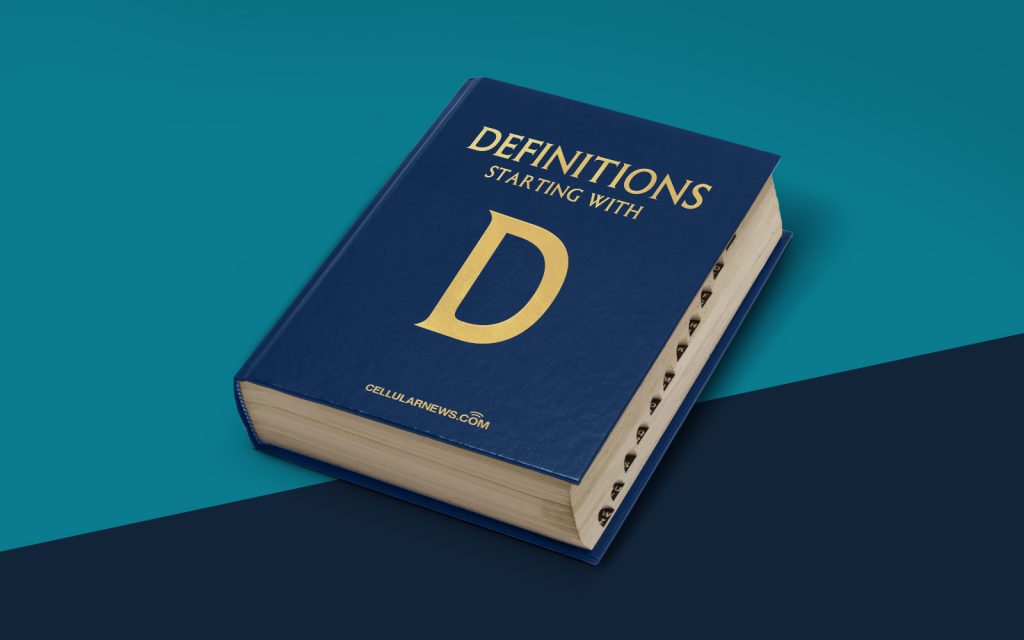
Understanding the Essence of Diversity, Equity, and Inclusion (DEI)
In today’s world, the terms “diversity,” “equity,” and “inclusion” have become buzzwords in various spheres, from workplaces to educational institutions and beyond. But do you truly understand what they mean and why they’re important? In this blog post, we’ll dive deep into the concept of Diversity, Equity, and Inclusion (DEI) to shed light on its significance and help demystify its often misunderstood nature.
Key Takeaways:
- Diversity refers to the presence of individuals from different backgrounds, cultures, races, genders, and more, within a specific group or organization.
- Equity promotes fairness and justice, ensuring that everyone has access to the same opportunities and resources, regardless of their social identities or circumstances.
Embracing Diversity: Celebrating Differences
Diversity is all about acknowledging, appreciating, and encouraging differences. It is about understanding that each individual brings a unique set of experiences, perspectives, and skills to the table. Diversity encompasses various dimensions, such as race, ethnicity, gender, sexual orientation, age, abilities, and socioeconomic status, among others.
Embracing diversity goes beyond mere tolerance or inclusivity. It involves actively creating an environment where everyone feels valued, supported, and empowered to contribute their authentic selves. When an organization or community embraces diversity, it gains access to a rich tapestry of ideas, creativity, and innovation that can lead to better decision-making and overall success.
Promoting Equity: Leveling the Playing Field
Equity is the foundation of a just and fair society. It focuses on identifying and addressing systemic barriers that prevent certain individuals or groups from accessing the same opportunities and advantages as others. Equity ensures that everyone, regardless of their background or circumstances, has an equal chance to succeed.
By promoting equity, organizations strive to eliminate discrimination, bias, and privilege that may be deeply ingrained in our societal structures. This may involve implementing policies and practices that actively counteract historical disadvantages, such as providing extra support or resources to underrepresented groups.
Fostering Inclusion: Creating a Sense of Belonging
Inclusion is about creating spaces where everyone feels welcomed and encouraged to participate fully. It goes beyond diversity, as it involves intentionally promoting diverse perspectives, ensuring that they are heard and valued. Inclusive environments embrace and respect the differences among individuals, placing importance on fostering a sense of belonging for all.
An inclusive culture empowers individuals to bring their whole selves to work or any other setting, without the fear of judgment or exclusion. It encourages collaboration, collaboration, teamwork, and empathy. By fostering inclusion, organizations can cultivate a healthy and supportive environment where individuals can thrive and contribute their best.
The Power of DEI: Transforming Organizations and Society
Embracing Diversity, Equity, and Inclusion (DEI) is not simply a feel-good gesture or a box to check. It is a transformative process that cultivates an environment where diverse individuals have equal opportunities to succeed and contribute to their fullest potential. Whether it’s a workplace, a school, or a community, incorporating DEI principles can lead to numerous benefits:
- Increased innovation and creativity: When individuals with diverse backgrounds come together, they bring a wide range of perspectives, ideas, and experiences. This diversity fuels innovation and can lead to unique solutions to complex problems.
- Enhanced employee satisfaction and engagement: When employees feel valued, respected, and included, they are more likely to be satisfied in their roles, feel a sense of belonging, and actively engage in their work.
By prioritizing DEI, organizations can build stronger, more resilient teams, attract top talent, improve decision-making processes, and foster a culture of creativity and collaboration that benefits everyone involved.
Conclusion
As society becomes more interconnected and diverse, understanding Diversity, Equity, and Inclusion (DEI) is essential. By celebrating differences, promoting fairness, and creating inclusive environments, organizations can harness the power of DEI to drive positive change and create a better future for all. So let’s strive to embrace DEI principles in all aspects of our lives and work towards a more equitable and inclusive world!
